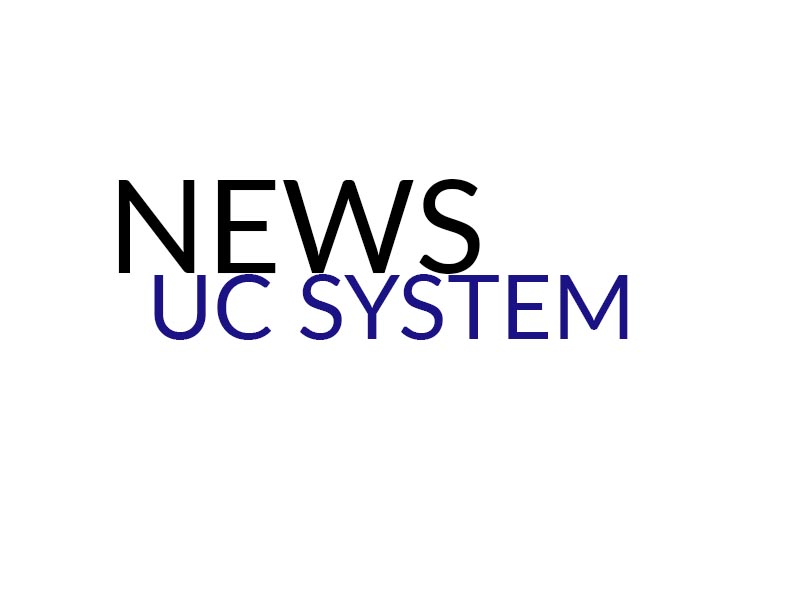To maintain the organization’s current operations and political leverage, the University of California Student Association proposed a new funding model for itself on Nov. 18. The proposal, known as Student Advocacy, Governance and Engagement, introduces a “voluntary opt-out fee” that students can pay directly to UCSA rather than through the membership dues each campus’s student government pays to UCSA.
Currently, membership dues gathered from UC campuses make up roughly two-thirds of UCSA’s budget, according to UCSA President and UC Berkeley student Kevin Sabo. However, student governments are in control of how involved their respective student populations are in UCSA.
“The minimum level of contribution from each association to qualify as members is $1.30 per student per year, which is the amount most associations do pay,” Sabo told the UCSD Guardian. “However, some associations have elected to contribute above this minimum.”
Sabo explained that this has led to differences in representation among UC campuses when compared to their shares of the budget.
“Some associations, specifically ASUCSB, are contributing a far greater share of the budget’s revenue than even associations who represent more students … while still only maintaining the one vote on the UCSA Board of Directors each association gets,” Sabo said.
The current pay model also allows student governments the option to not pay membership dues to UCSA at all, further skewing the premise of equal representation system-wide; some campuses are more actively involved than others depending on the size of their contributions. This, according to the UCSA website, has resulted in one in 10 UC students having no voter representation in the organization.
The UCSA’s budget allows the organization to rally UC students across all campuses through social movements like UCSA’s sexual assault campaign, UConsent and a slew of topical student conferences. The budget is also necessary for maintaining a political presence in State and National Governments, as well as on the UC Board of Regents. UCSA is responsible for advocating for the creation of the Student Regent position and for securing the two-year tuition freeze after administration threatened an increase just last year.
However, Sabo added that even in the case that all schools paid the minimum contribution level, it would still not be enough for UCSA to function in its current state.
“If all associations only contributed the minimum $1.30, our budget would be nearly halved, and we would have to scale back our operations dramatically,” Sabo said.
Sabo believes that the SAGE fee, which according to the UCSA website is projected at $6 for all UC students, will allow the organization to have “a more sustainable and reliable budget that would marshal enough resources to ensure our voice was being considered in the budget negotiations.”
Though $6 may be an increase in contribution for some students, Sabo says that this amount is trivial when compared to the increased utility it will allow UCSA to have in negotiations with legislators.
“If the [University of California] did increase tuition by 5 percent for this year as it had proposed, students would be paying hundreds of dollars more than what we are this year,” Sabo said. “Six dollars to be able to maintain the presence in Sacramento that was crucial for securing [the tuition freeze] seems worth the investment.”
Sabo said that although the SAGE fee is not mandatory, it is important for students to contribute in order to ensure their needs are being met.
“The entire point of the reform is that students are provided choice,” Sabo said. “It simply isn’t effective to deal with system issues on a campus by campus basis. It requires more coordination between our different campuses, otherwise administrators will just legitimize their agendas … We need a strong system voice because it serves as a full-time watchdog for student interests.”
UC President Janet Napolitano and the Board of Regents are currently deliberating over the SAGE proposal. UCSA plans to host townhalls at each campus to hear students’ questions and concerns regarding the proposal.
If passed, students can expect to encounter the SAGE fee during the online UC enrollment and registration process, during which students will be given the choice to opt out of paying the fee.
A portion of the revenue generated by SAGE will go toward student financial aid, as per the UC system’s Return-To-Aid policy. This policy, originally suggested by UCSA, requires that a portion of all university fees charged to students go back to financial aid. According to the UCSA website, this is projected to generate half a million dollars in aid for students.
SAGE is not the first fee of its kind; UCSA’s sister organization from the Cal State system recently passed a similar fee for its student body, known as Student Involvement and Representation Fee.








